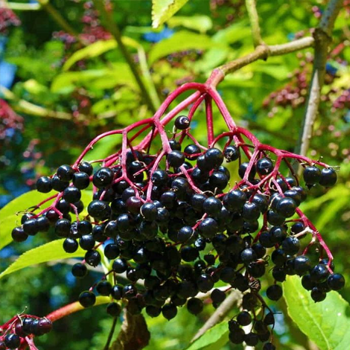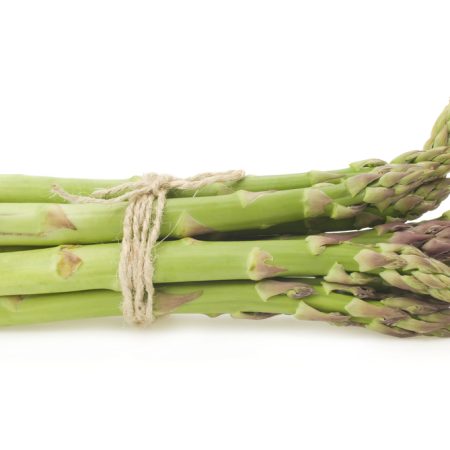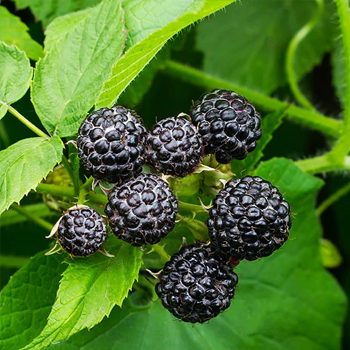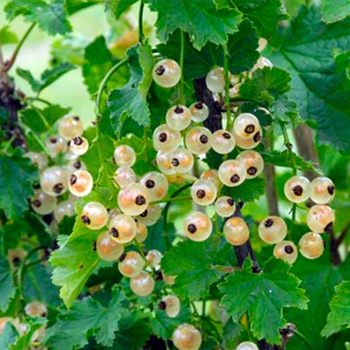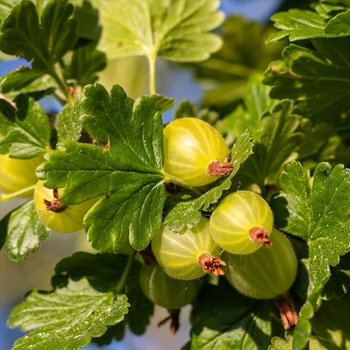Product Details
Information
Elderberries are shiny, black edible fruits that grow in clusters on plant shrubs, scientifically named Sambucus nigra. These bush-like plant shrubs, known as black elders, grow abundantly in America, Europe, North Africa and Asia.2 Ripe and ready elderberries are used to make cakes, pies, jellies, jams and beverages, both alcoholic and nonalcoholic.
Similar to other fruits with deep purple and blue hues, elderberries are high in anthocyanins and flavonoids, which are natural antioxidant compounds that may be responsible for many of their health benefits.
Many people may reach for the nearest cold-fighting supplement when a sniffly nose or an itchy throat persists. However, keeping elderberry in your medicine cabinet may also be beneficial when you are feeling under the weather. “When taken at the early onset of the common cold or flu, elderberry has been shown to reduce the duration of symptoms or potentially prevent them altogether,” says Wendimere Reilly, RDN, LDN, a member of the Nature’s Sunshine scientific advisory board.
Taking elderberry may do more than speed up your cold recovery; it may further support immune health. Research has shown that elderberry supplementation may help significantly reduce upper respiratory symptoms.3 Often, upper respiratory infections are treated with medications, including antiviral medications. Anthocyanins have been shown to reduce the likelihood of viral infections surprisingly directly. Viral glycoproteins (a compound found in viruses) act as an open door to viruses, but anthocyanins prevent viruses from entering the body by attaching themselves to these glycoproteins.
Small but mighty, elderberry fruits are chock-full of nutrition thanks to their dietary fiber, vitamins and minerals. As for fiber, 1 cup of elderberries delivers 10 grams in one fell swoop. Not to mention, the same serving offers potassium and noteworthy levels of iron. Elderberries are exceptionally high in vitamin C, providing 58% of the Daily Value, which is 90 milligrams for adults and children 4 years and older.9 Eating foods with vitamin C contributes to a healthy immune system, as low vitamin C levels make you more illness-prone.
Availability
July, August


